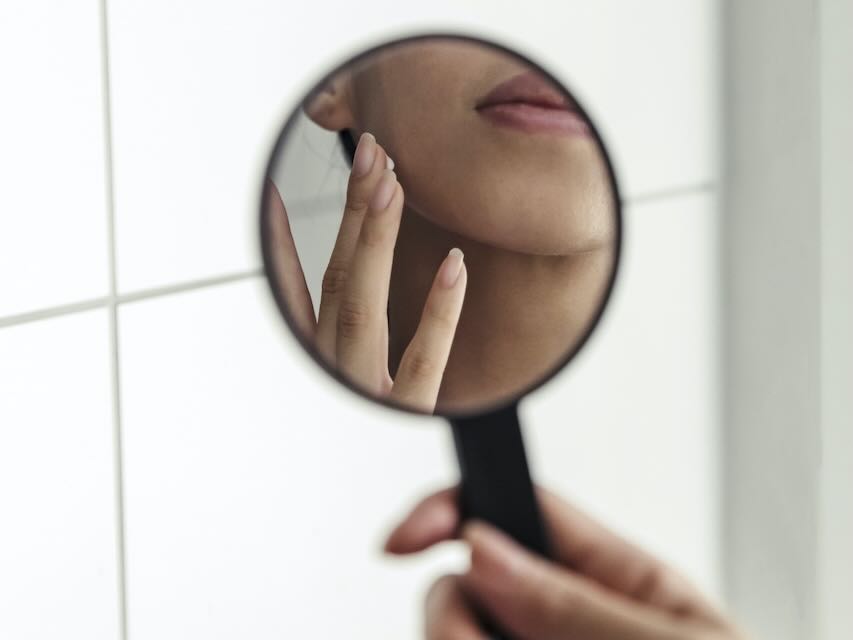What is Good Science in Skincare?


Have you noticed that skincare has become more “sciencey” lately? Do you look around in a beauty aisle and see the term science-backed or medical-grade used everywhere? We all want to invest in products that are designed to make visible changes, but in an industry where brands, influencers, and products are increasingly touting their scientific expertise—it can be hard to decipher true science from the minefield of misinformation, pseudo-science, and tricky marketing tactics. To combat this, we’ll break down potential pitfalls, recognizing good science, and choosing the right products.
Brands without the expertise of industry specialists like dermatologists, cosmetic chemists, scientists and toxicologists can create a sense of authority and legitimacy by using scientific language, short-cuts and claims to make a product appear more effective or trustworthy than it actually is. This marketing tactic is also known as “science-washing”. In some cases, companies knowingly or unknowingly use legitimate scientific research to support their claims, but may exaggerate the significance of the findings or make unsubstantiated claims. In other cases, companies may simply use scientific language or imagery to give the impression that their products are backed by rigorous scientific research, even when they are not.
Science-washing can be problematic because it can mislead consumers into believing that a product is more effective or scientifically validated than it actually is. It can also create confusion and mistrust around legitimate scientific research in the skincare industry. It perpetuates marketing myths. It also casts a shadow of doubt and skepticism for brands that are built with real science or ones that duly follow the scientific method.
The practice of science-washing and the use of unsubstantiated claims to promote skincare products suggests a broader industry problem—bad science. This can take many forms, including using flawed or biased research, cherry-picking data to support claims, or making exaggerated or false claims about the effectiveness of a product. One common example of bad science in the skincare industry is the use of ingredient supplier-funded research. Brands will often reference these biased supplier studies, none of which are peer-reviewed or validated, and interpret them incorrectly in their claims or consumer education.
This is not to say that all science out there is bad, just that all scientific evidence underpinning science claims is not equal. And in order to have good science, you must have evidence that is in line with the scientific method—which involves reliable and valid research.
Good Science is:
Accepted and validated by peer-reviewed scientific journals
Supported by significant robust data, in placebo-controlled studies
Verified by objective evaluation or without financial conflict of interest
So how can you recognize good science as a skincare consumer? Look to brands with formula development led by industry professionals like dermatologists and cosmetic chemists, with a commitment to scientific rigor and ethical practices. Look for companies that invest more in R&D and science communication, and less in celebrity/influencer marketing or highly marketable ingredients if they don’t discuss following a scientific method.
Good science values safety, efficacy, and non-irritating ingredients. It emphasizes evidence-backed ingredients over trendy ingredients. Nonetheless, knowing whether a brand is practicing all of the above can be hard, which is why the telltale sign of good science is ultimately the skincare product itself.
To make skincare that truly works, we rely on a rigorous product development process that champions evidence over marketing fluff and trends. Instead of using supplier-funded ingredient research, we scour peer-reviewed dermatology journals for ingredients that are proven to work—and we use these ingredients in efficacious quantities so they actually transform the skin too.
When you use skin care products backed by good science, the results are a given, and you will just know because your skin will tell you it is really working.